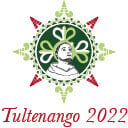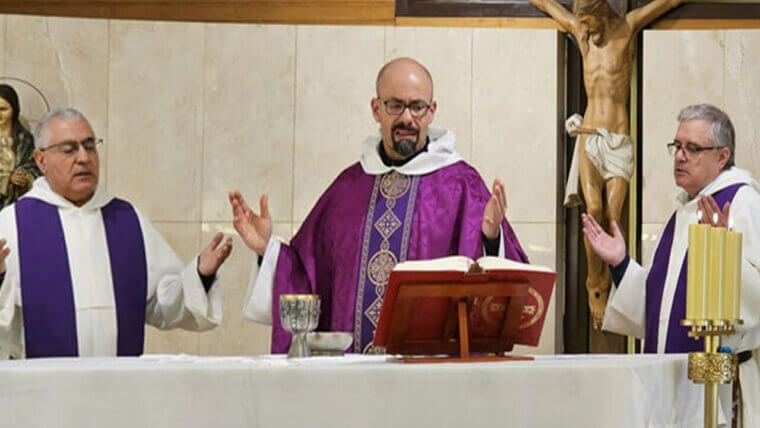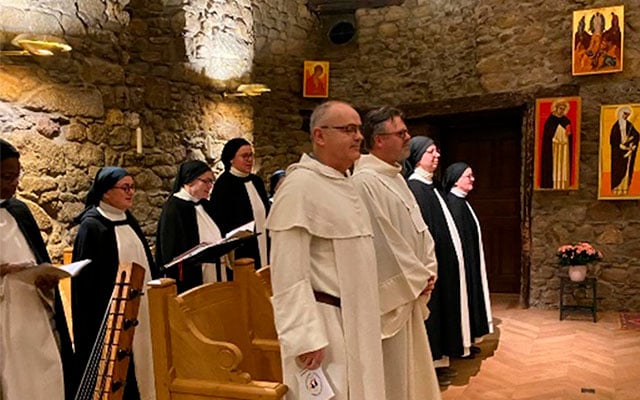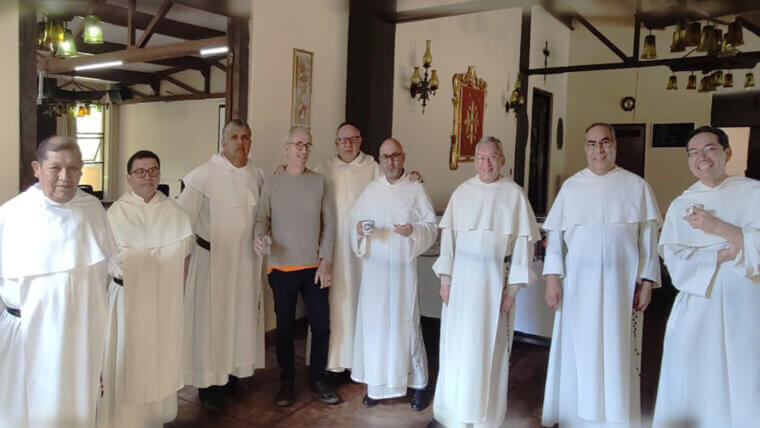
Invited by the coordination team of the Interprovincial Conference of the Dominicans of Latin America and the Caribbean (CIDALC), the novitiates of the region met on February 26 at 3:30 p.m. Rome time through the virtual platform Zoom. The fraternal meeting with the novices of Mexico, Central America, Colombia, Peru, Brazil and Argentina included a reflection on formation presented by Brother Felicísimo Martínez, of the Province of Hispania. The theme was «Learning Dominican spirituality through family contagion», inspired by the reflections of Fr. Edward Schillebeeckx.
It is interesting to dwell on some of the concepts expressed by the speaker:
The most decisive part of our Dominican formation is through family or community contagion. In fact, in religious communities, it happens like in families. Each one has his identity, his charism, his lifestyle, his habits. It is a mistake in formation and in life in general to hide behind the bad examples of one’s elders to justify one’s own mistakes. Family anecdotes, the sometimes repetitive and tedious stories of grandparents, the stories of the past are important. Humbert de Romanis, the fifth Master General of the Order, quickly realized this and instructed all communities to collect the anecdotes and stories of the first generations. The result was this wonderful written testimony by Gerard de Frachet, Vitae Fratrum, The Life of the Brothers. It is very instructive and at the same time very entertaining to read. Do not finish the novitiate without reading it.
Schillebeeckx’s first conclusion: «We cannot give a definition of Dominican spirituality, a definitive judgment on it, because Dominican history is still being made and told. This conclusion is essential because it invites us to harmonize tradition and creativity, what today is called «creative fidelity». The Order is already founded, but it is necessary to always update its charism, taking into account the needs and sufferings of the Church and the world of today.
The second conclusion is formulated by Father Schillebeeckx in rather critical terms: «Dominican spirituality is a particular way of serving the Church: following Jesus in the footsteps of Dominic. But sometimes this thread of fidelity broke, because of blindness. And as a result, it was a non- Dominican spirituality that was written. He refers to those moments when the Dominican family forgets the founding project, the true tradition of the Order, the family identity. These moments have always been accompanied by a deep crisis in the Order.
The third conclusion that Father Schillebeeckx draws is that «the background music of Dominican spirituality is the history of the response to the counter-movements of society and of the Church». And he analyses some examples of Dominican history: St. Dominic was attentive to the counter-movements of the time, he drew a truth from them and incorporated it into his founding project: poverty and preaching, a feeling of belonging to the Church. To live in the style of the apostles to give credibility to Dominican preaching.
From the beginning, the «original grace» of Dominican spirituality consists in a critical fidelity to the past and a critical evaluation of the present. Creative fidelity must always go a little against the grain, against what is politically correct in society and in the Church.
The participants in the meeting were the following and they presented their greetings to the novices: fr. Gerard Timoner, Master of the Order, fr. Mark Padrez, Socius for Fraternal Life and Formation, fr. Pablo Sicouly, Socius for Intellectual Life, fr. Ubaldo López, General Promoter for the Laity, fr. Christopher Eggleton, Socius for the USA, fr. Fernando García, General Promoter for the Nuns, fr. Carlos Cáceres, Provincial of the Province of St. Vincent Ferrer of Central America.







